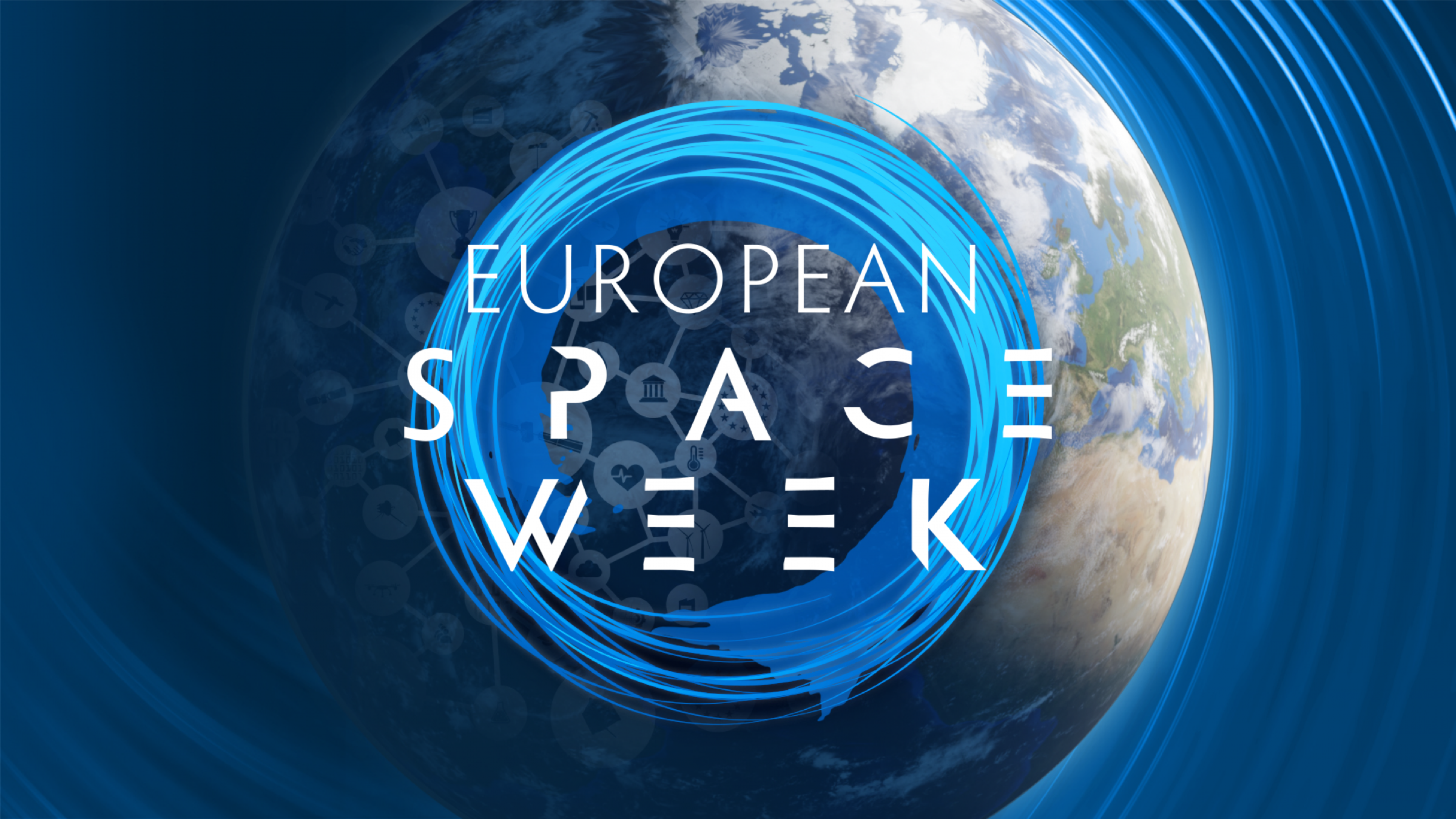
experience
European Space Week 2019
Copernicus is the European Union’s Earth Observation Programme, looking at our planet and its environment for the ultimate benefit of all European citizens. It offers information services based on satellite Earth Observation and in situ (non-space) data. Vast amounts of global data from satellites and from ground-based, airborne and seaborne measurement systems are being used to provide information to help service providers, public authorities and other international organisations improve the quality of life for the citizens of Europe. The information services provided are freely and openly accessible to its users.
challenge
Each year, the European Commission organises the European Space Week, the leading event for the European space community. It brings together hundreds of business leaders, policymakers, and international experts to discuss updates about the new space economy and how the European Union’s space programme contributes to a sustainable Europe and a sustainable future. In 2019, the European Commission (DG DEFIS) hired MCI and logos to support the organisation and the promotion of the event in Helsinki (3-5 December).
A great event, offering a good balance between sessions and networking opportunities which is a key success factor for all the events. It provided a great opportunity to discuss the latest trends in the sector. Also, a great place to meet old friends and new people thanks to the very useful matchmaking platform.
solutions
While MCI handled the logistics with its usual magic (registration, venue set up, hotel accommodation), logos brought its expertise in communication for the promotion and live coverage of the event.
In the weeks leading up to the event, logos promoted it on social media by providing details about speakers and the programme. Our social media officers found creative ways of promoting the event, by linking the European Space Week to natural disasters that made the news, or to “hot topics”.
Then, the forum is an ideal opportunity to learn more about the services related to the Copernicus programme. We, therefore, encouraged people to take part in the event if they wanted to understand how the Copernicus programme helps monitor climate change or natural disasters such as Hurricane Dorian. Enticing visuals were created (satellite pictures of Helsinki in winter and summer) to further boost registration, as well as to announce speakers.
During the event, our social media officers were at hand to ensure live social media coverage of the daily sessions and highlights across three platforms: Twitter, Facebook and Instagram. The team was also in charge of moderating the live Twitter feed during the plenary sessions.
Furthermore, logos identified and engaged with journalists covering space matters in specialised media and leading European broadsheets. Aside from organising the logistics and travel for the journalists, logos prepared a dedicated two-day programme for them during the European Space Week. logos coordinated and arranged interviews with high-level speakers and participants, namely Johann-Dietrich Wörner, Director General of the European Space Agency (ESA), Holger Krag, head of ESA’s Space Debris Office, Florence Rabier, Director General of ECMWF, and many more. The 15 journalists also had the opportunity to take part in an exclusive live demo of how the Finnish border guard tracks oil spills using Copernicus data.
Finally, logos also facilitated the organisation of the General Assembly of the Copernicus networks (Academy & Relays), which for the first time took place during the European Space Week. It gathered around 100 attendees from SMEs, data processing companies and cloud providers, universities, public institutions, space agencies, and space enthusiasts. In collaboration with MCI, logos took care of the logistics, the programme and the speakers, as well as the promotion of the event (pre, during and post).
results
- 1000 delegates coming from Europe, America and Asia
- 32 sessions or meetings in the programme
- 15 journalists from leading European media outlets (e.g. The Guardian, La Stampa, Euronews)
- 200 attendees at the General Assembly of the Copernicus networks
- 1,3M+ impressions and 22K+ interactions on Twitter
- 88K+ reach and 1,7K+ interactions on Facebook
services
industry & policy events, speaker management, audience targeting, media relations, digital engagement